Healthcare Providers Feel Unprepared to Counsel Patients on Medical Marijuana
A new study by researchers from the College of Osteopathic Medicine (NYITCOM) finds that most healthcare professionals in the United States feel they lack the training and knowledge to discuss medical cannabis with their patients.
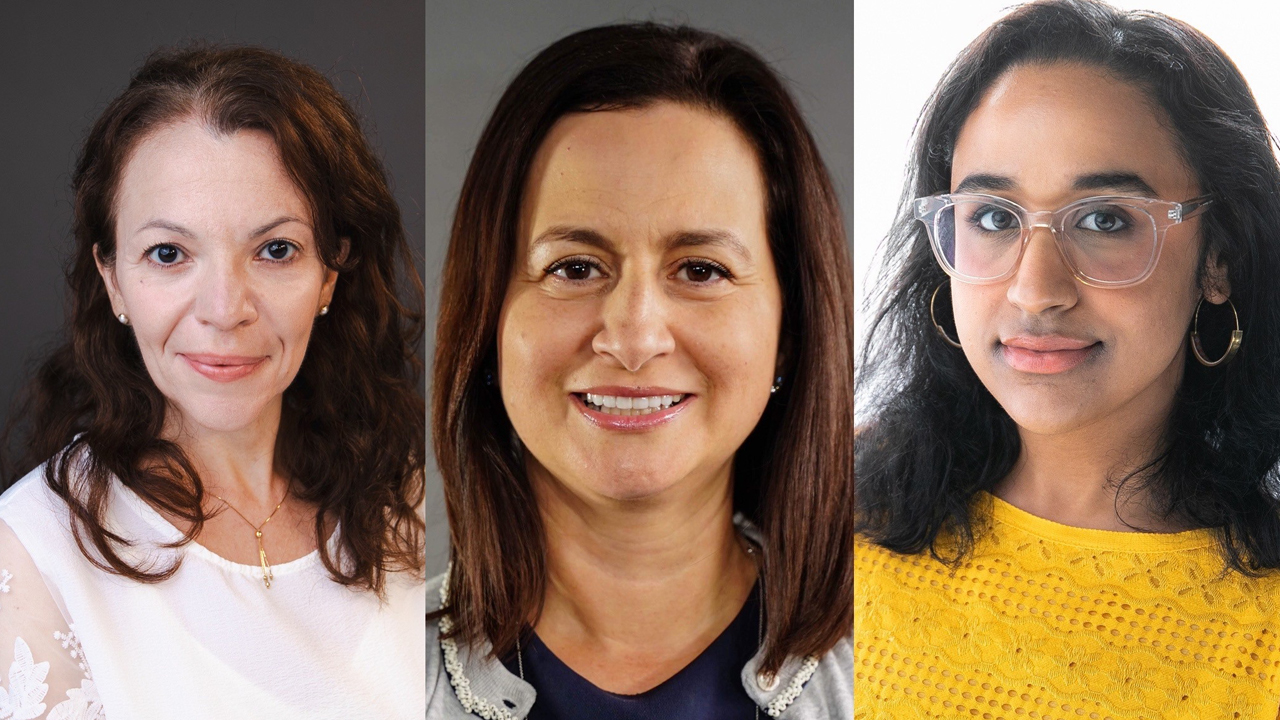
The U.S. Drug Enforcement Agency currently categorizes marijuana as a Schedule I substance (considered to have high abuse potential, with no accepted medical indication). However, in 2023, the Department of Health and Human Services recommended that marijuana be moved to Schedule III, citing the drug’s potential for therapeutic use, including in patients with cancer-related adverse effects, infections, and skin and neurological disorders.
Today, 38 states have legalized medical cannabis, with 14 having a comprehensive medical-only program. In addition, nine states have medical cannabis programs allowing only CBD/low-THC products for qualifying medical conditions as defined by their state. As such, the drug cannot be prescribed by a standard prescription; prescribers can only recommend it to patients with a qualifying medical condition, and regulations vary greatly between states.
Now, as seen in the journal Medical Cannabis and Cannabinoids, NYITCOM investigators find that most healthcare practitioners feel inadequately prepared to counsel their patients on the drug.
The team, which includes Associate Professor Maria Pino, Ph.D., Assistant Professor Eleanor Yusupov, D.O., and Medical Librarian Stephanie Lopez, analyzed 41 studies on healthcare provider attitudes toward medical cannabis. The data, gathered from studies published between January 2013 and February 2025, included responses from physicians, medical trainees, and other healthcare professionals across multiple clinical specialties, with some specialists expressing contrasting views:
- In general, oncologists, emergency medicine physicians, palliative care providers, pain management specialists, and primary care physicians perceived that medical cannabis benefits chronic pain, nausea, loss of appetite, depression, and other symptoms.
- Most obstetric providers had unfavorable perceptions about perinatal use, while most pediatricians would not recommend its use in children.
- Neurologists still perceive a stigma regarding medical cannabis use in epilepsy treatment.
- Most physicians believed that medical cannabis is harmful to patients with congenital heart disease.
- Overall, physicians practicing in states where medical marijuana is legalized and providers with more years of practice were more comfortable recommending the drug and counseling patients.
“Medical marijuana has gained increased public and political support in the United States. With many states now easing restrictions on cannabinoid access for medical purposes, healthcare professionals will need to adapt. Namely, they need to be trained and educated so that they can more confidently and more safely counsel their patients,” said Pino, a licensed New York State pharmacist and the study’s lead author. “Effectively training healthcare professionals on this drug is also a necessary step toward improving patient care and reducing potential stigma associated with medical vs. recreational cannabinoid use.”
In addition, the authors note that “there is minimal scientific research, which delays the development of evidence-based guidelines” on medical marijuana use.
More News
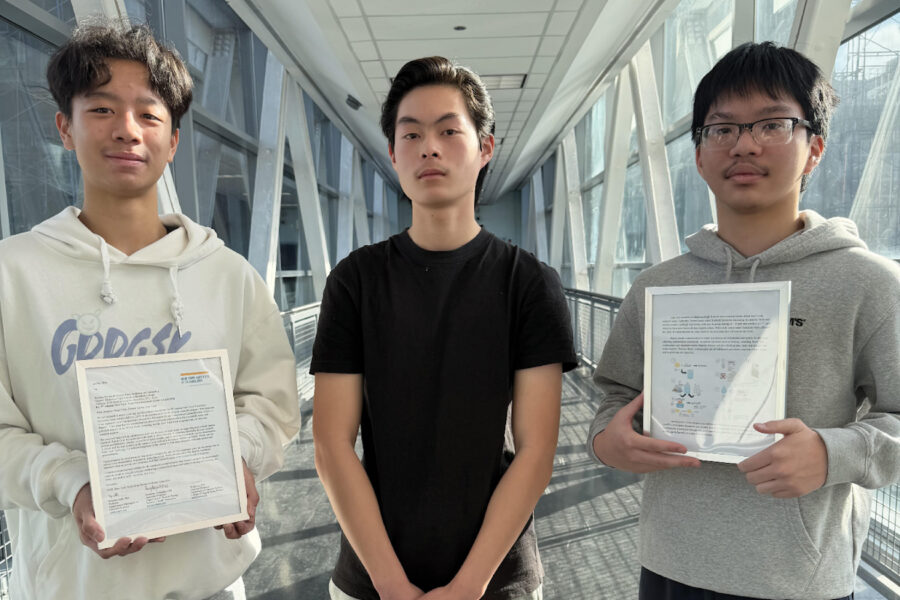
Promoting Early Engagement in Research
New York Tech recently completed the ninth year of its Mini-Research Grants Awards program to encourage high school students to pursue STEM fields.
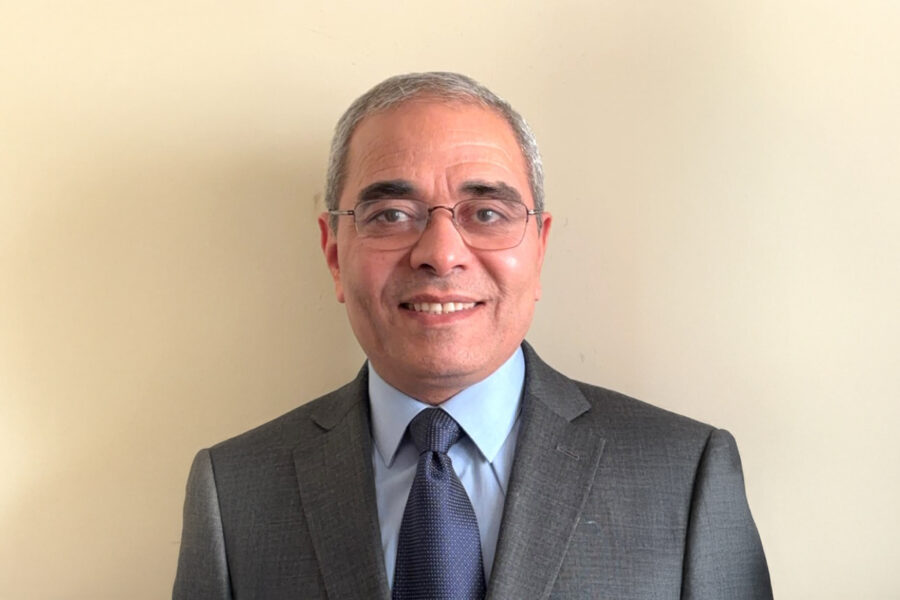
Reversing Bone Loss After Spinal Cord Injury
People with spinal cord injury may lose up to 41 percent of their bone mass in the first year. A new study by the College of Arts and Sciences’ Hesham Tawfeek, MBBCh, seeks to repair this damage.

Uncovering the Body’s Fat-Burning Strategy—It’s Math-Driven!
A new study by an NYITCOM-Arkansas researcher finds that the body calculates which fat to burn, choosing those that produce the most usable energy while consuming the least oxygen.
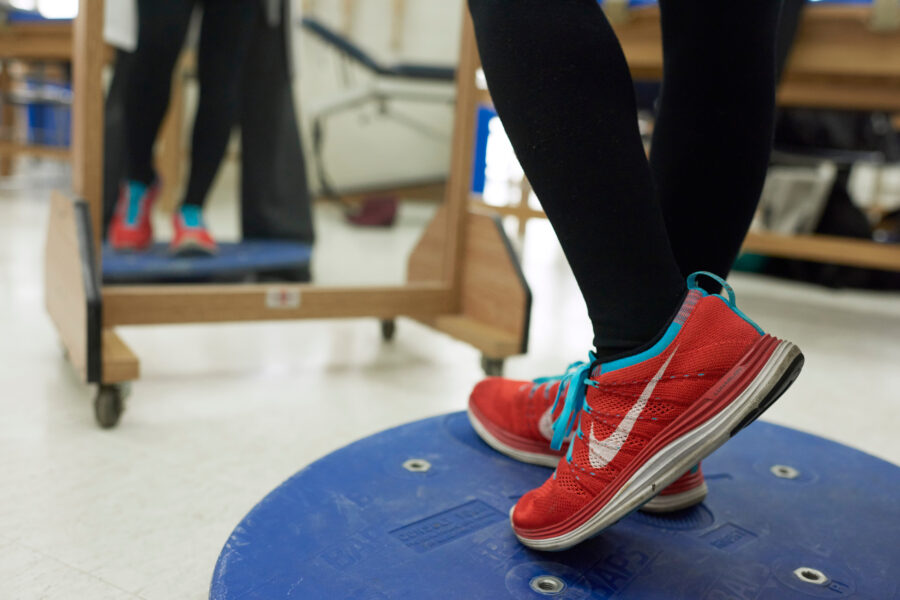
When Rehab Meets Robotics
A study co-authored by John P. Handrakis, D.P.T., Ed.D., and graduates of the physical therapy program finds that a wearable robotic device could help stroke survivors get back on their feet.
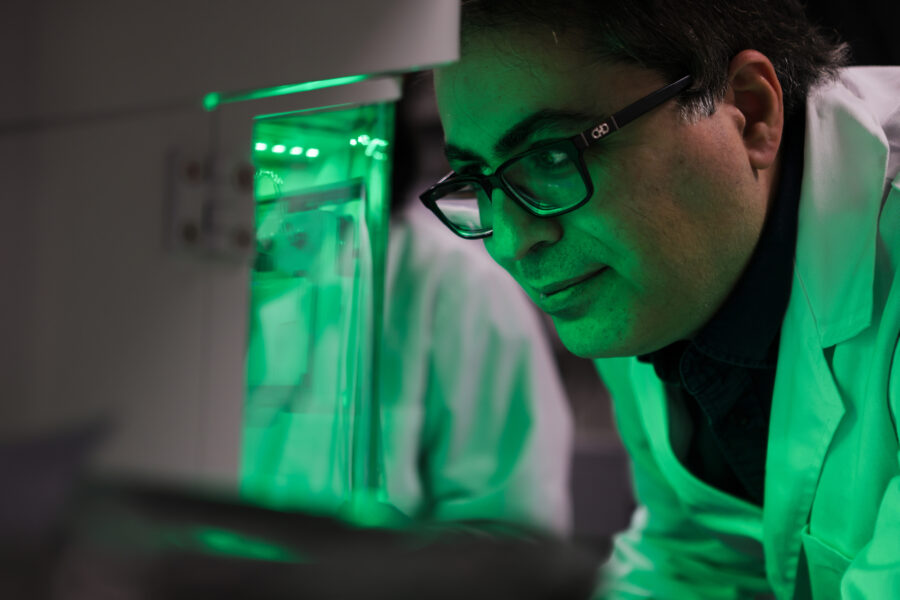
Realistic 3-D Colon Model Shifts Paradigm for Drug Development
Assistant Professor Steven Zanganeh, Ph.D., is striving to further improve the model he developed to open the door to drug development for cancer and other conditions.
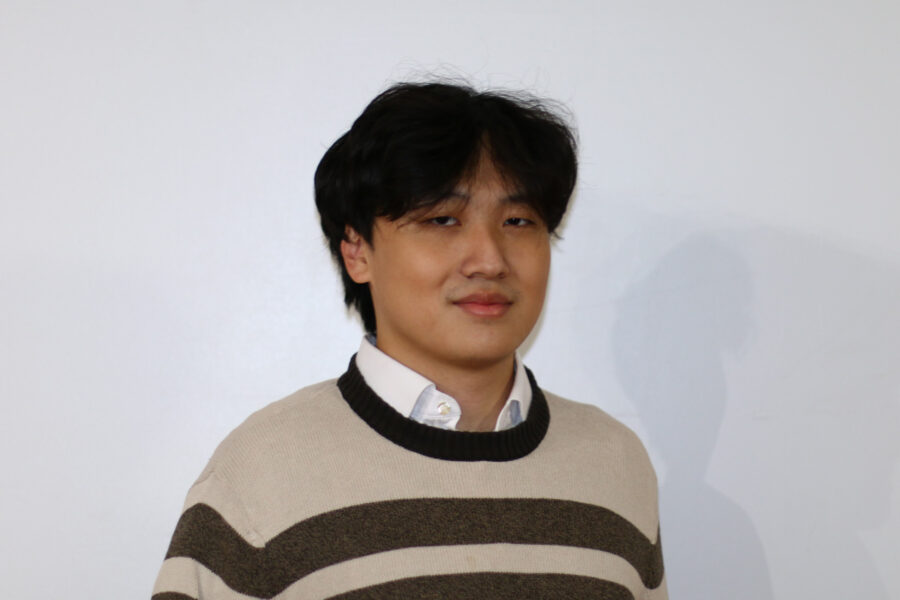
Beyond the Human Machine
Biology student Justin Tin seeks to understand what’s running “under the hood” in the human body so he can someday help prevent patients from suffering physiological changes.